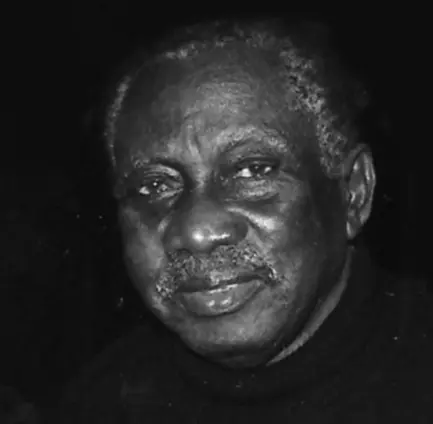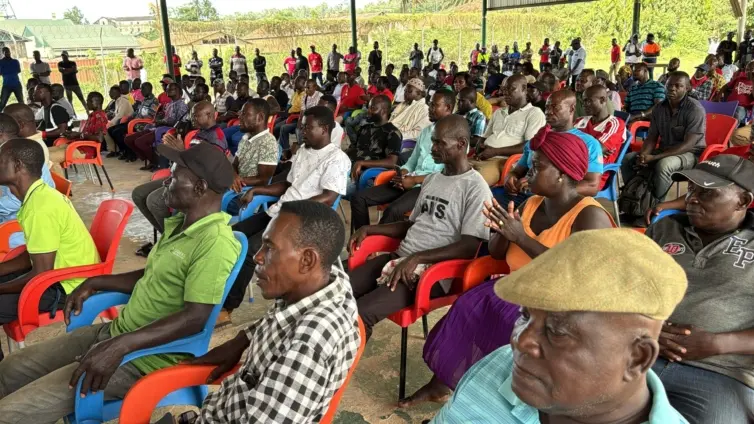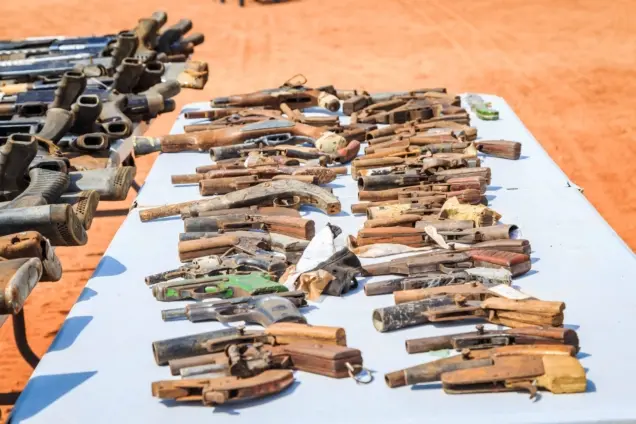The bustling Aflao border, usually a conduit for legitimate trade, recently became the site of a concerning discovery. Hawa Fuseini, a trader, was apprehended for allegedly importing fake aphrodisiacs, a move that could have serious implications for public health. The case, now before the Denu Torkor Circuit Court, underscores the critical importance of stringent pharmaceutical regulations. Fuseini faces charges related to the importation of non-compliant pharmaceutical products, highlighting the ongoing challenges in curbing the trade of fake aphrodisiacs across borders and the need for vigilance.
The arrest occurred on May 9, thanks to the collaborative efforts of officials from the Food and Drugs Authority (FDA) and other security personnel. Fuseini’s attempt to smuggle the unregistered aphrodisiacs was thwarted when authorities discovered the illicit products concealed within a Cream Cracker carton aboard a Nagode Transport vehicle with registration number TG 5846 BN.
In court, Fuseini pleaded guilty with explanation and was granted bail of GH¢70,000 with two sureties, and is scheduled to reappear on May 28. Police Inspector Albert Kumbor is prosecuting the case. The charges stem from her alleged violation of Ghanaian pharmaceutical laws by importing pharmaceutical products without the requisite license.
In her defense, Hawa Fuseini claimed she had traveled to Lome, Togo, seeking medical treatment. While there, she received advice to engage in the sale of aphrodisiacs as a means of generating income. She further explained that the products were obtained on credit, with the intention of establishing a business in Accra. She pleaded with the court for leniency.
The seized products were identified as 200mg Mygra Sildanfil Citrate and 200mg Heira Sildanfil Citrate. These medications are classified as prescription drugs, requiring proper medical authorization for their use. The implication is that these drugs need to be prescribed by a doctor, and cannot be sold over the counter.
The case throws into sharp relief the critical role of the FDA in safeguarding public health. By enforcing stringent regulations and cracking down on the import and sale of unregistered pharmaceuticals, the FDA aims to protect the population from the potentially harmful effects of fake drugs. The prosecution of Hawa Fuseini serves as a warning to others who might contemplate engaging in similar activities.
Unregistered aphrodisiacs can pose significant health risks. The lack of proper quality control and the potential presence of harmful ingredients can lead to a range of adverse effects. The public is therefore cautioned against purchasing drugs from unverified sources, where the authenticity and safety of the products cannot be guaranteed.
The Aflao border has long been identified as a potential hotspot for smuggling activities, necessitating heightened security measures and increased surveillance. The incident involving Hawa Fuseini underscores the need for constant vigilance and the deployment of advanced detection techniques to prevent the entry of illicit goods. The FDA continues to work tirelessly to monitor and regulate pharmaceutical products, striving to combat the proliferation of fake aphrodisiacs and other unregistered drugs.
The arrest and subsequent court hearing of Hawa Fuseini serve as a stark reminder of the dangers associated with unregulated pharmaceutical products. The fight against fake aphrodisiacs is an ongoing battle, requiring the concerted efforts of regulatory agencies, law enforcement, and the public. Only through collective vigilance can the health and well-being of the population be effectively protected.
Image Source: MYJOYONLINE





















